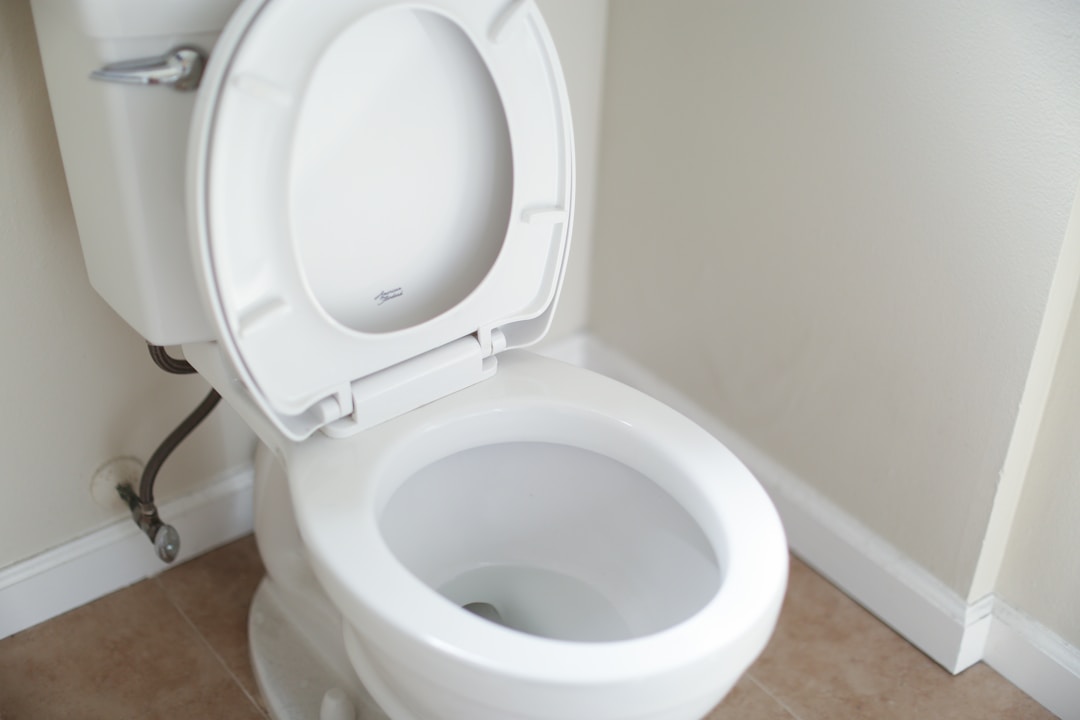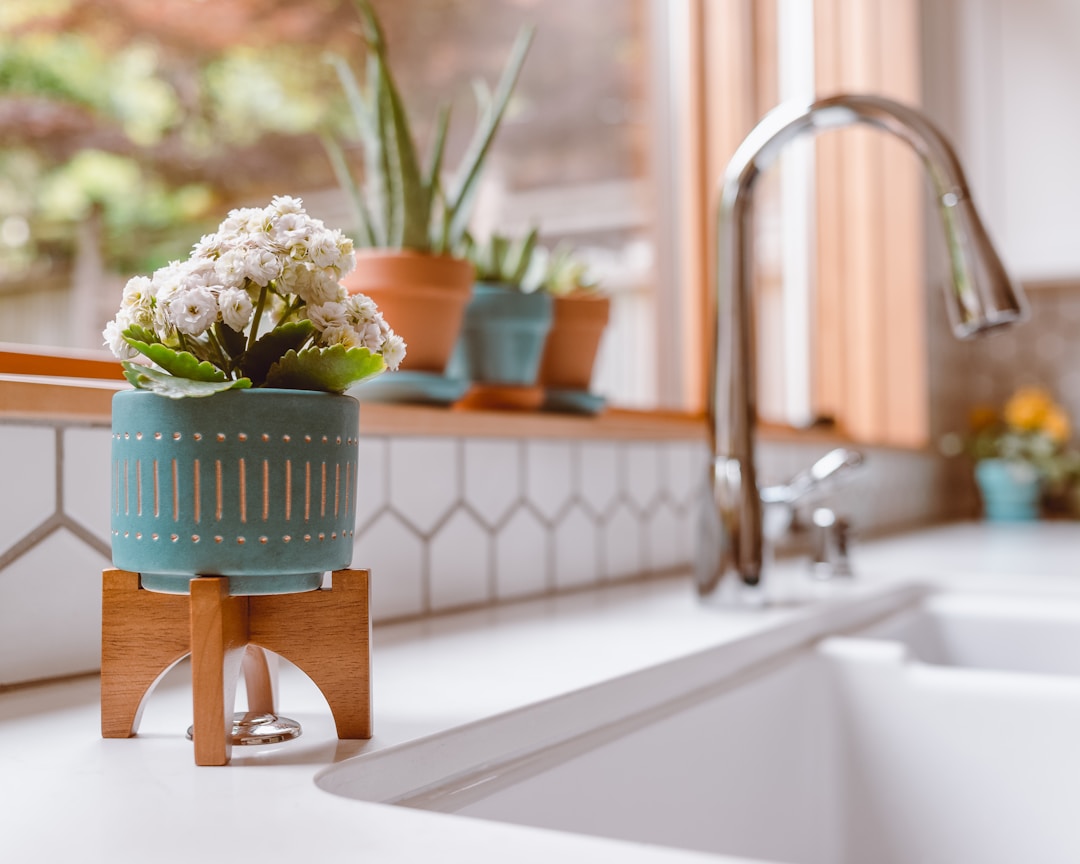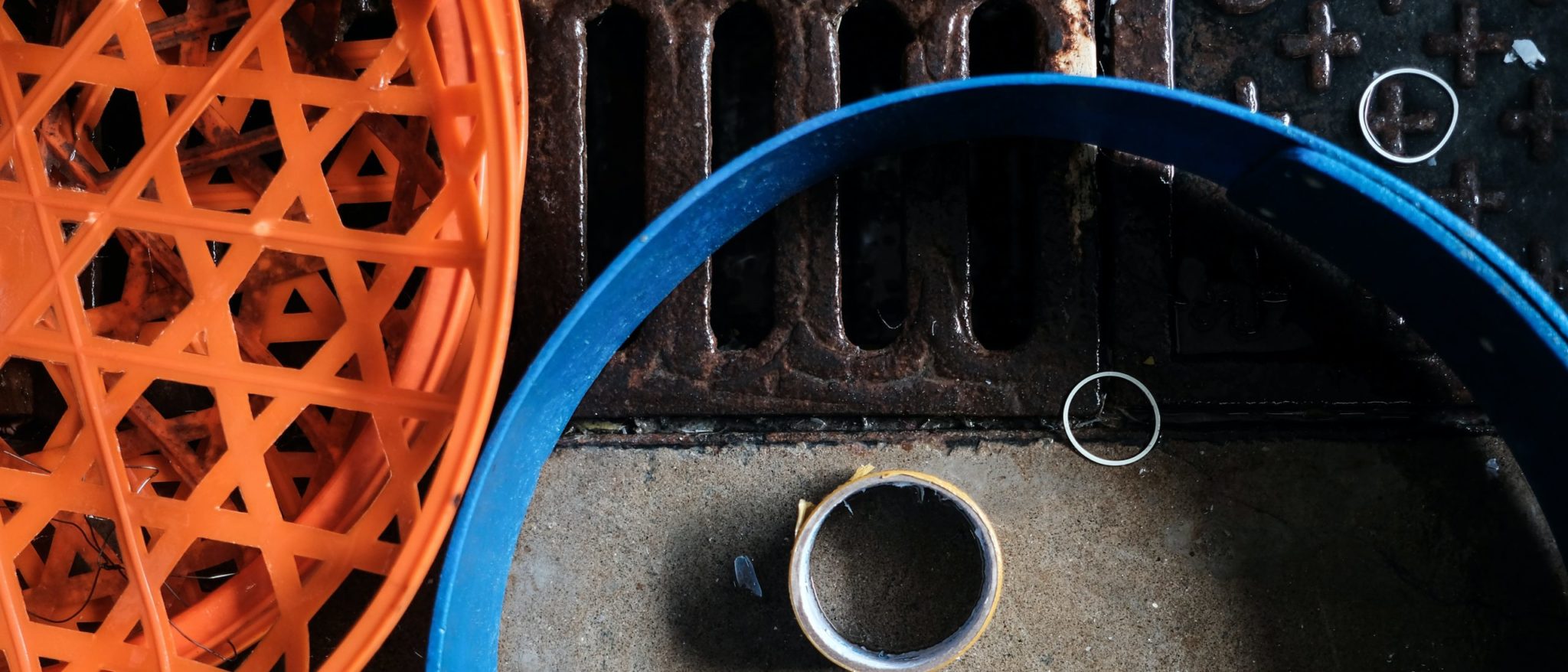Does the drain in your home keep clogging? Some of these clogs are easy DIY fixes and only require gloves, a plunger, and some liquid drain cleaner. Other clogs, however, might seem to come back more frequently as though they are purposefully trying to aggravate you. The reality is that at some point, every homeowner will experience the frustration of a clogged drain line. Unfortunately, frequently occurring main drain clogs could happen in any home and are usually caused by a sewer line backup. In most homes, the plumbing pipes are all tied together to drain into the main sewer line. This main sewer line could be the culprit behind frequent clogs as the line can take a lot of abuse from improper care and maintenance.
If you continue to experience persistent problems with your drains, there could be a few reasons your main sewer line keeps clogging. From improper use of fixtures, drains, and pipes to foreign objects and environmental factors, your main sewer line can take a lot of abuse. Over time, the main sewer line can become so clogged that it will need serious repair or even replacement. Understanding why blockages occur in sewer lines can help you prevent a major repair or replacement. Let’s take a look at why your sewer line might keep clogging.
Flushed Objects

Perhaps the number one cause of blockages in the plumbing system is from foreign objects being flushed or put down the drain. Using your toilet as a trashcan could wreak havoc on your sewage system. This is why plumbers always stress the importance of only flushing human waste and toilet tissue down the toilet. While there are many flushable wipes and other products that claim to be safe on the market today, many experts urge you not to put these items in your toilet. Other improper items that are frequently flushed include feminine products, baby wipes, and diapers, paper towels or napkins, food, Q-tips, and medicine or pills. Flushing any of these items could lead to a chronically clogged sewer line.
Even if you are only flushing appropriate items down the toilet, however, your sewage system could still become clogged. Too much toilet paper will have a problem dissolving quickly in the water and can end up clogging the pipes. You should also consider the type of toilet paper that is used. While your toilet paper needs to be comfortable to use, it also needs to be able to dissolve quickly. Toilet paper that is too thick could take longer to dissolve and might be causing clogs in your main drain. This could be especially true if you have a low-flow toilet or if your plumbing is older. It is important to use only flushable items and pay attention to how much is being flushed.
Hair and Grease

Aside from the toilet, the other culprit behind many sewer line clogs is your sink and tub drains. Hair can become a major problem as it is washed down the drain and then becomes tangled in the pipes and creates a large blockage. A smaller clog in the sink drain can be easy to fix, but if the main sewer line becomes clogged with hair it can be difficult to fix. The best way to prevent this is to use a trap over your sink or shower drain to catch the hair.
Besides hair, grease, fats, and oil can make their way down the kitchen sink and lead to some seriously clogging lines. Professional plumbers everywhere warn against pouring grease, oil, or other fats down a drain. Once the grease cools off, it can harden and stick to your pipes. To make sure you never run into problems, educate yourself on things you shouldn’t put down your garbage disposal or drain.
Tree Roots

Older sewer lines were frequently made out of clay or other porous materials. As a result of this, the connections between pipe sections aren’t as tight and durable as the PVC pipes used today. As larger trees and shrubs grow, the roots seek sources of water. If these roots wrap around a sewer pipe, they can grow into the line to get the water inside. As the roots expand over time, it can cause older clay or other pipes to break. If this happens, you will have continuous problems with your sewer pipe drainage.
No matter what the problem is, you will need to contact a professional plumber to help you take care of the issues. The best option, however, is to try and prevent these issues from happening. Taking care of your plumbing system with regular maintenance and being aware of what goes down the drain will go a long way towards protecting your pipes.









